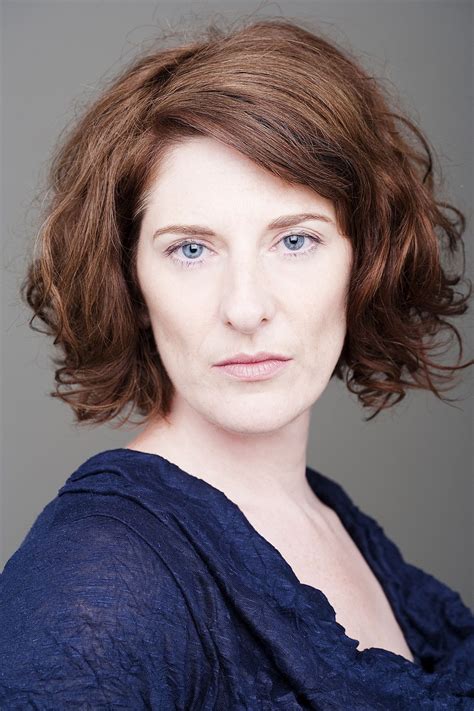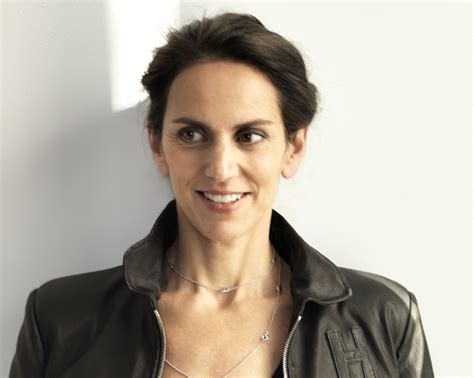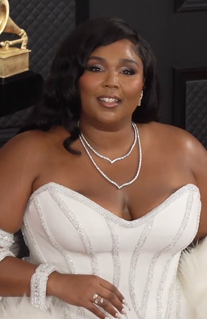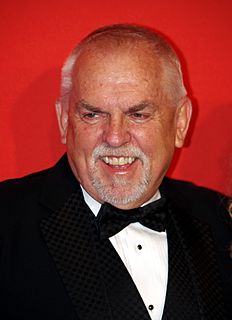A Quote by Sarah Waters
I love research. Sometimes I think writing novels is just an excuse to allow myself this leisurely time of getting to know a period and reading its books and watching its films. I see it as a real treat.
Related Quotes
Research is fundamental; finding as much as you can and never giving up. I love the research. It is my "precise time". Not just for interviews but of footage, photographs never seen before. It is a painstaking process that satisfies me. The research never ends. I was still researching while I was promoting the Diana Vreeland book. I love reading books and going to original sources.
Personally I don't think there's any real intrinsic difference between comic books, movies, theatre, novels. I know there's sure to be some differences of some sorts. I've worked on novels, films, and video games, and in an adaptation, I guess one of the issues is that I have to be in love with the thing I'm adapting before I do it. So that can cause a problem. You can be too scared of it. You could be too reverential. But at the same time you want to try to capture this thing that you're obsessed by. You're fixated for a reason. What's the reason? You try to get ahold of it.
So when it comes to being a role model to women, I think it's because of the way that I feel about myself, and the way that I treat myself. I am a woman, I treat myself with respect and I love myself, and I think that if I'm holding myself to a certain esteem and keeping it real with myself, then that's going to translate to people like me.
Writing fiction is very different to writing non-fiction. I love writing novels, but on history books, like my biographies of Stalin or Catherine the Great or Jerusalem, I spend endless hours doing vast amounts of research. But it ends up being based on the same principle as all writing about people: and that is curiosity!
It was the last generation of writers [ the Cheers] that had grown up reading books instead of watching TV. So you weren't getting anything that was derivative of I Love Lucy or Happy Days. You were getting real characters [like those] they read in P.G. Wodehouse or Dickens or somewhere along the line, because they had all grown up with a love of literature.
I write about the period 1933-42, and I read books written during those years: books by foreign correspondents of the time, histories of the time written contemporaneously or just afterwards, autobiographies and biographies of people who were there, present-day histories of the period, and novels written during those times.
To see what books were available for my older students, I made many trips to the library. If a book looked interesting, I checked it out. I once went home with 30 books! It was then that I realized that kids' novels had the shape of real books, and I began to get ideas for young adult novels and juvenile books.







































